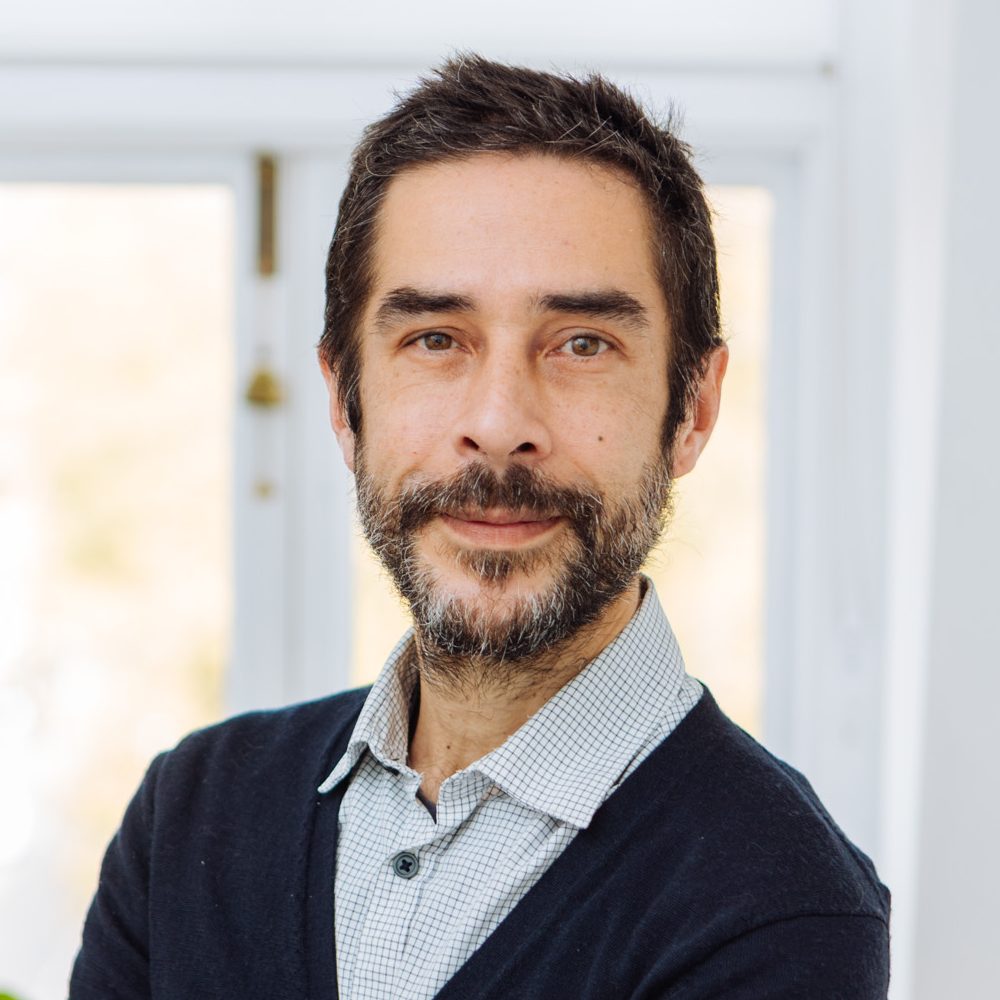There’s a particular kind of fatigue that tends to surface around this time of year—a quiet, cumulative weariness that builds after months of showing up, holding space, and tending to responsibilities. It’s not just tiredness; it’s the emotional exhale that never quite arrives. The inbox stays full. The deadlines press in. And amid the clamor of “one final push,” many find themselves wondering: Is there anything left in the tank?
Burnout is often described as doing too much for too long—but it’s also about everything we’ve had to hold. Especially in a world that feels increasingly unsteady. Many of us are absorbing a constant stream of distressing news: conflicts, injustice, human suffering. It’s more than our nervous systems were meant to process on a daily basis.
This kind of exposure can stir up a tender mix of emotions: helplessness, as we witness pain we can’t immediately soothe; guilt, for any comfort we may experience in the midst of global hardship; and fear, for the uncertainty that shadows the road ahead.
In moments like this, overwhelm isn’t a personal shortcoming—it’s a natural response to an overstimulated and emotionally saturated world.
And there’s often a grief woven in—grief for what we can’t change, and for the emotional distance we sometimes adopt just to keep functioning. That protective numbness, while necessary at times, can feel like a quiet betrayal of our empathy.
So what might help?
You might begin by noticing what you’re holding—and offering yourself quiet permission to feel. The ache. The fatigue. The truth of being human in a moment that asks too much. No productivity hack or mindset shift can replace what’s most needed: rest, tenderness, and meaningful connection.
For some, talking with a therapist can offer a safe container to explore these feelings without judgment. Therapy doesn’t promise to fix the world—but it can help make sense of your place in it. It can hold space for your story, your patterns, your pain—and remind you that you’re not alone in navigating any of it.
You might also localise your compassion. While we may not be able to rewrite the headlines, we can check in on a colleague, tend to our own nervous systems, or offer a moment of presence to someone nearby. These actions are not insignificant—they’re acts of care that ripple outward.
And perhaps most gently of all, we can speak honestly. About the weight. The worry. The subtle disorientation. Because when one person names what’s real, it invites others to exhale too. In that shared breath, there is relief. There is solidarity. There is the quiet truth that you are not broken—you are simply responding to a broken moment with a beautifully sensitive heart.

Dr Ute Liersch
”If you’re ready for real change, let’s work together.”
Ann-Louise McCarthy
“Understanding what has brought you to where you are now, and to overcome what is preventing you from moving forward in a positive way”

Dr Daniel Moore
"Healing begins with the courage to explore one's inner world in a space of safety, understanding, and connection."
Dylan Peters
“My aim is to help unlock the positive potential within you”

Ayalla Harubi
"Healing is not about fixing what's 'wrong' with you, but about creating space to safely reconnect with what's been fragmented, silenced, or suppressed."
Dr Sabrina Marin
“Your vision will become clear only when you can look into your own heart. Who looks outside, dreams; who looks inside, awakes” Carl Jung

Christina Louka
"Life doesn’t improve by chance—it improves through change."
Ounkar Kaur
"Standing alongside you with compassionate listening, whilst we explore ways for you to live a more emotionally fulfilling life"
Katya Poznyak
"Every journey begins with a single step. Therapy is your space to explore, reflect, and grow—an empowering process where challenges become opportunities, and self-discovery leads to lasting change."
Sreena Pluck
"I strive to create a therapeutic environment where all clients feel respected, understood and empowered."
Artemis Manias
"Healing is not about erasing the past—it's about reclaiming your strength, rewriting your story, and stepping into the life you deserve."
Piers Wilson
"Through genuine presence and understanding, I strive to create a safe, empowering space for healing and growth, where individuals can reconnect with their true selves and navigate life's challenges with resilience and confidence."

Magdalena Wachowska
"We explore and understand why certain matters are causing you distress to fully engage life"
Alexa Edelist
"I meet you as you are, how you are, and where you want to go"
Jeffrey Samuels
“In navigating this diversity, I provide scaffolding for clients during their journey, enabling them to more effectively face life’s challenges”
Isabel España Sala
"Guiding you to find strength, love, and peace within yourself."
Nicola Wilkins
“I offer a safe haven where vulnerability is met with compassion”
Iqra Humayyon
"My aim is to offer a place for you to craft your next chapter, to nurture and provide a space in which your story can discover its voice”
Milka Witkowska
"Your comfort is paramount. I foster an atmosphere of trust, acceptance, and respect, ensuring you feel welcomed from the moment we meet."
Em Farrell
“Unlock your inner resilience as we journey together toward healing, embracing the transformative power that lies within”
Paula John
"Together, we will uncover the hidden meanings behind your feelings and behaviours, empowering you to embrace change and growth with compassion and self-awareness."
Julie Holiday
"No matter your challenges, finding a therapist who creates a safe and truly empathetic space is essential"
HARVEST THERAPY
44 Russell Square,
London WC1B 4JP
United Kingdom
Phone Number:
020 8962 6247
email: info@harvest-therapy.co.uk
HARVEST SOCIAL MEDIA:























